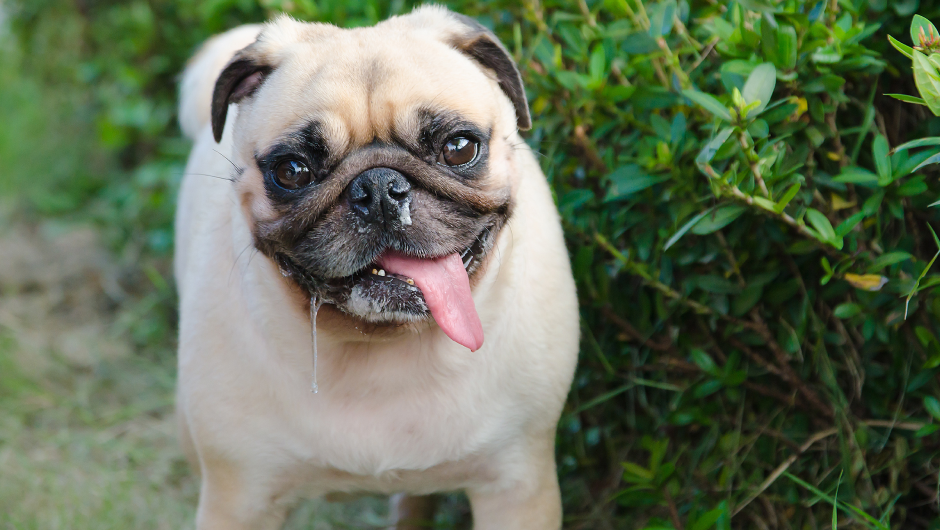A dog coughing and sneezing isn’t always a major issue if it’s done every once in a while.
However, if it’s persistent, then there’s a chance your pup might have kennel cough, which is an upper respiratory infection. This infection is highly contagious and spreads throughout the air when there is a dog coughing and sneezing.
Symptoms and Duration?
Other symptoms include snorting, retching, sluggish behavior, thick nasal discharge, and vomiting. Symptoms will appear roughly 2 to 14 days after your dog has been exposed. Puppies and seniors are considered high-risk pets. If contracted they may lose their appetite or develop pneumonia. If you’ve noticed these symptoms, you should bring your dog into our office as soon as possible.
The Exam
The exam of your dog will include a physical examination as well as a blood test. If we find it necessary, x-rays will be taken if we suspect your dog coughing has affected his lungs. Antibiotics are typically prescribed, but it depends on the type of infection and sometimes the only thing to do is let it naturally pass. The recovery time for kennel cough can take up to three weeks in healthy dogs, but twice that amount of time with older dogs. Puppies take a bit longer as well and are susceptible to additional infections and issues.
Prevention and Precaution
Bordetella is the vaccine that’s administered to prevent dog coughing. It’s especially important to have if your dog is around other dogs or if you’ll be traveling with your dog.
Do not take your dog on long walks as it will exacerbate your dog’s coughing. Keep your dog away from other dogs. Wash your hands often when handling your pet and any others dogs.

